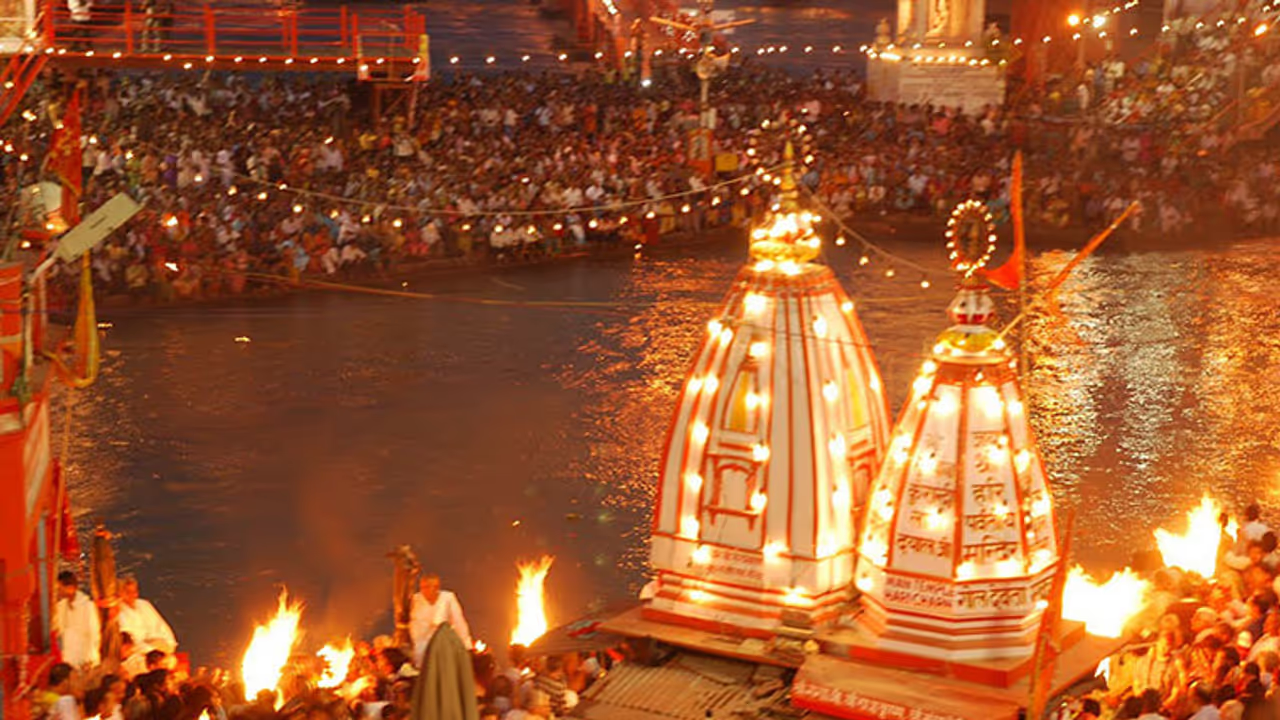The National Green Tribunal today allowed some individuals to buttress their contention that holding of religious and cultural events at the Yamuna riverbed cannot be prohibited by bringing such activities under ambit of environmental laws.

They have been allowed to be impleaded in the matter in which the panel is examining the issue of damage to the flood plains of the river allegedly caused due to the holding of cultural extravaganza by Sri Sri Ravi Shankar's Art of Living (AOL) in March this year.
The application came before bench headed by NGT Chairman Swatanter Kumar which listed the issue for August 10.
The green panel on March 9 had refused to prohibit the three-day 'World Culture Festival', held by AOL between March 11 and 13, but asked it pay a compensation of ₹5 crore for damaging biodiversity and aquatic life of Yamuna.
The plea moved by Prajanya Chowdhry, Anil Kapoor and Anand Mathur said that the concept that festivals and other religious and cultural gatherings on the plains of the rivers were polluting the water bodies is baseless.
Advocate Anirudh Sharma, who appeared for them, said that Constitution of India allows individuals to hold events like World Culture Festival and participate and any restriction would deny such rights to them.
He contended that authorities have turned blind eye to constructions on floodplains and sought inspection of Okhla side of the Yamuna river bed and at other places of the river bed and submit a detailed report with respect to buildings constructed on it.
"Direct the state respondents to ensure that the religious and cultural gatherings on the banks of rivers, if any, be conducted in the most eco-friendly manner," the plea said.
The petitioners have contended that injunction against events like World Cultural Festival, Chhath Puja or the Kumbh has to be based on a detailed social impact assessment and also a religious cultural and anthropological assessment.
Referring to the inspection report of the expert committee on the impact of AOL's festival, the petition said the panel nowhere suggests that the pollution of Yamuna is due to religious or cultural interference.
"Hence, while ensuring that all events which are conducted on the river bed are conducted in the most eco-friendly manner, it also has to be considered that citizens of India are bestowed with cultural and religious rights and the balance between the two has to be ensured and none can be effaced...
"The same is also in public interest as cultural, traditional and religious beliefs help in preservation of rivers and environment rather than damaging it. Hence, the same is also part of environmental concern and management and poses legal and substantial questions with respect to environmental concern and management," it said.
The plea said that successful conduct of the World Cultural Festival has brought Yamuna "back" into limelight without causing any "ostensible" pollution to the river which has brought "forth the need for reviving river-man relationship as that being of a mother and child as has been the culture of this country from time immemorial".
"From ancient times all major cultural and religious events in various parts of India have had deep connection to the rivers and particularly unquestionably sacred rivers like Ganga and Yamuna which also includes Kumbh, Magh Mela have not been responsible as the dominant or primary source of pollution in rivers," it said.
It said the primary source of pollution in rivers is industrialisation, western lifestyle and dependency on machines which have evolved in the last decades.
